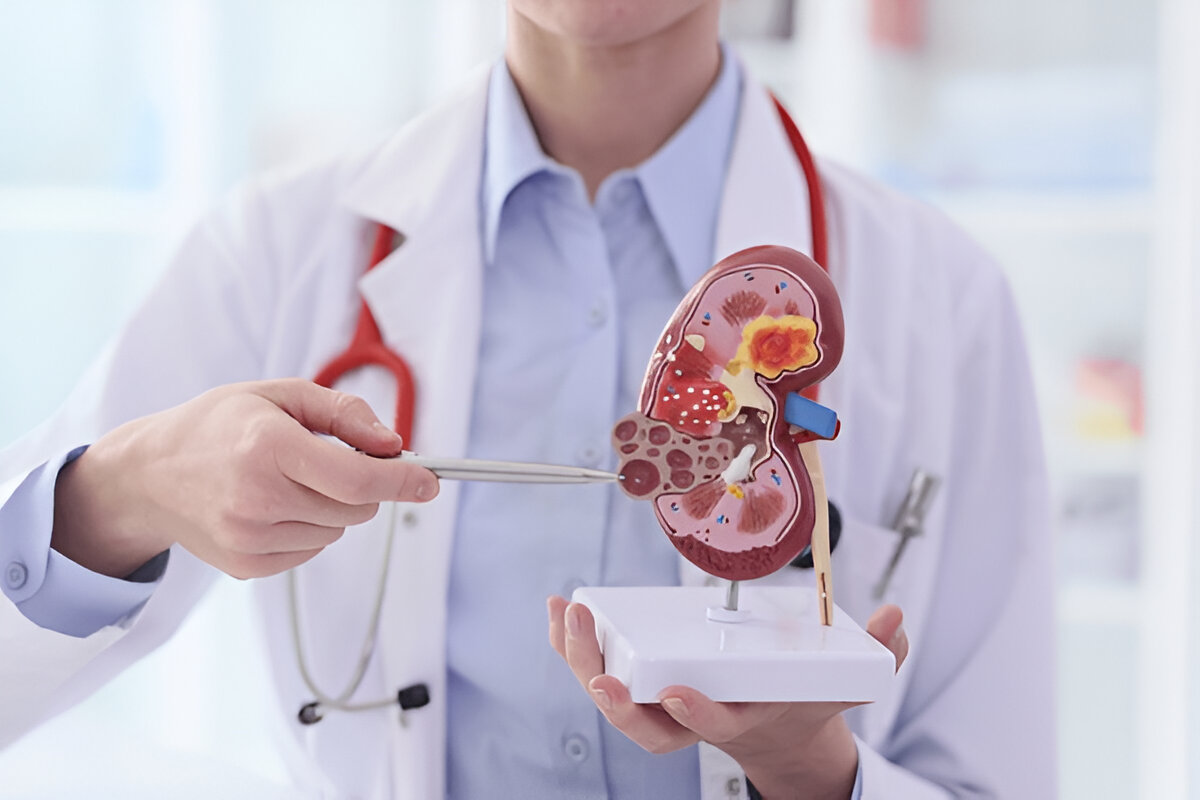
Kidney Transplant Evaluation & Follow-Up
Kidney transplantation is a life-saving treatment for patients with end-stage renal disease (ESRD). Our comprehensive Kidney Transplant Evaluation & Follow-Up program is designed to ensure that patients receive thorough assessments before surgery and continuous, specialized care afterward to promote long-term success.
Evaluation Phase:
The transplant evaluation process involves a series of medical, psychological, and social assessments to determine if a patient is a suitable candidate for a kidney transplant. Key components include:
- Medical Testing: Blood tests, imaging studies, cardiac evaluations, and infection screenings to assess overall health.
- Compatibility Testing: Blood type and HLA tissue typing to find a matching donor.
- Consultations: Meeting with nephrologists, transplant surgeons, dietitians, social workers, and financial counselors.
- Psychosocial Assessment: Evaluation of mental health, lifestyle, support system, and ability to adhere to post-transplant regimens.


Post-Transplant Follow-Up:
After the transplant, regular follow-up is crucial to monitor organ function and overall health. This includes:
- Medication Management: Adjusting and monitoring immunosuppressants to prevent organ rejection.
- Routine Lab Tests: Regular blood work to track kidney function and detect early signs of complications.
- Infection Prevention: Guidance on maintaining hygiene and managing immunosuppression-related infection risks.
- Diet and Lifestyle Counseling: Support for a balanced diet, regular exercise, and healthy habits.
- Emotional Support: Ongoing counseling for emotional and psychological well-being during recovery and beyond.
Diagnosis
Kidney transplant is generally considered for patients with End-Stage Renal Disease (ESRD) — a condition where kidney function drops below 10-15%. Diagnosis involves:
- Blood Tests: to evaluate kidney function (e.g., creatinine, GFR).
- Imaging Tests: such as ultrasound or CT scans to assess kidney structure.
- Urine Tests: for protein, blood, and other abnormalities.
- Dialysis History: (if already started).
Treatment / Evaluation Process
The kidney transplant treatment plan involves:
1. Pre-Transplant Evaluation:
- Complete health checkups including heart, liver, and infectious disease screening.
- Psychological evaluation to check emotional readiness.
- Financial and social support assessment.
2. Donor Matching:
- Can be a living donor (related/unrelated) or a deceased donor.
- Compatibility and crossmatch tests are done.
3. Transplant Surgery:
- A healthy kidney is surgically implanted into the lower abdomen.
- Patient’s own diseased kidneys are usually not removed unless necessary.